
THE STRAD RECOMMENDS
The Strad Issue: January 2012
Description: A remarkable testament to a great violinist that transcends its sonic inadequacies
Musicians: Henri Temianka (violin) Leonard Shure (piano)
Composer: Beethoven
Although technically Scottish, Henri Temianka had a continental European background and musical education, with Polish–Jewish parents and time spent studying in Rotterdam, Berlin and Paris. Later he moved to Philadelphia and the nurturing talents of Carl Flesch. He won third prize in the Wieniawski Competition in 1935, the year Ginette Neveu came first and David Oistrakh second. In 1946 he was invited to perform the cycle of Beethoven sonatas over three evenings at the Library of Congress in Washington DC. These CDs are recordings of those concerts, originally stored on shellac discs. The sound is pretty ropey, with Temianka close up most of the time, but occasionally edging away, presumably because he was moving around, while the piano, in the estimable hands of Leonard Shure, jangles in the background. It all sounds rather muted and foggy.
The playing, however, is remarkable. Temianka’s tone is wonderfully focused, projected by endlessly fluent bowing. Here is, en passant, a masterclass in the thousand and one ways to play a note with a dot over it. He has a rich vibrato, which is an essential and fluent part of his musical vocabulary, persuasive and lyrical.
The cycle progresses magisterially. The early sonatas have a boundless vitality; Temianka fairly gallops through the semiquavers of no.1, with Shure hanging on to his musical coat-tails. The A major Sonata op.12 no.2 is full of sparkling glee, with the slow movement a warm, elegant mediation. As they progress they acquire an almost tangible profundity, with the slow movements in particular having a sublime sense of poetry. The Adagio of the C minor unfolds like a timeless, gentle song. The ‘Kreutzer’ emerges from its opening reverie into a presto of startling, clipped ferocity and power. As the set continues, the inadequacies of the recording slip away and something wonderful remains.
TIM HOMFRAY



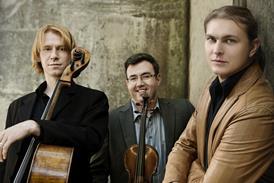






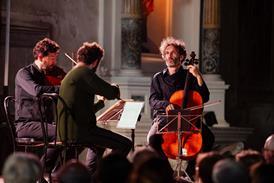

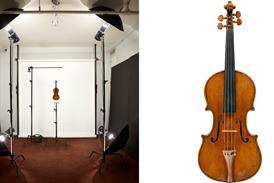


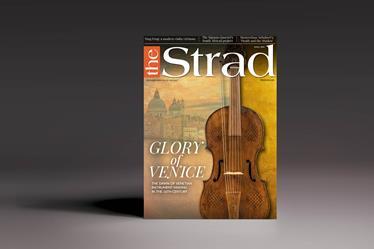






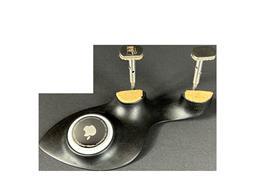









No comments yet